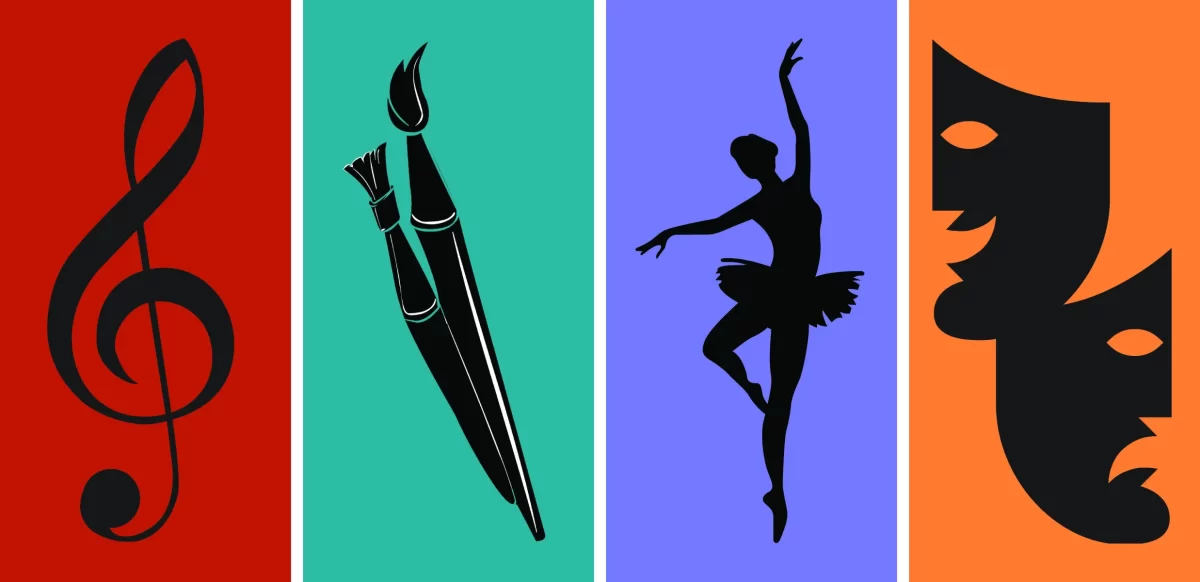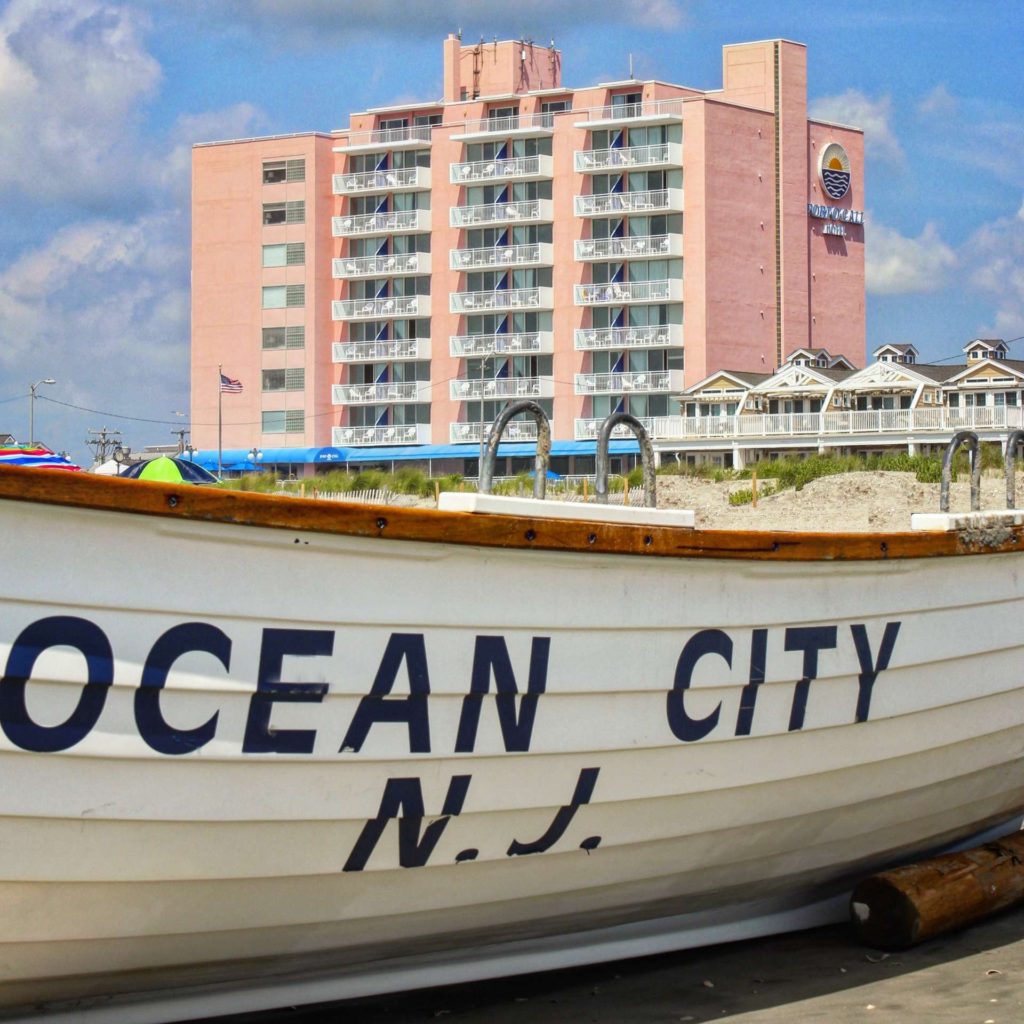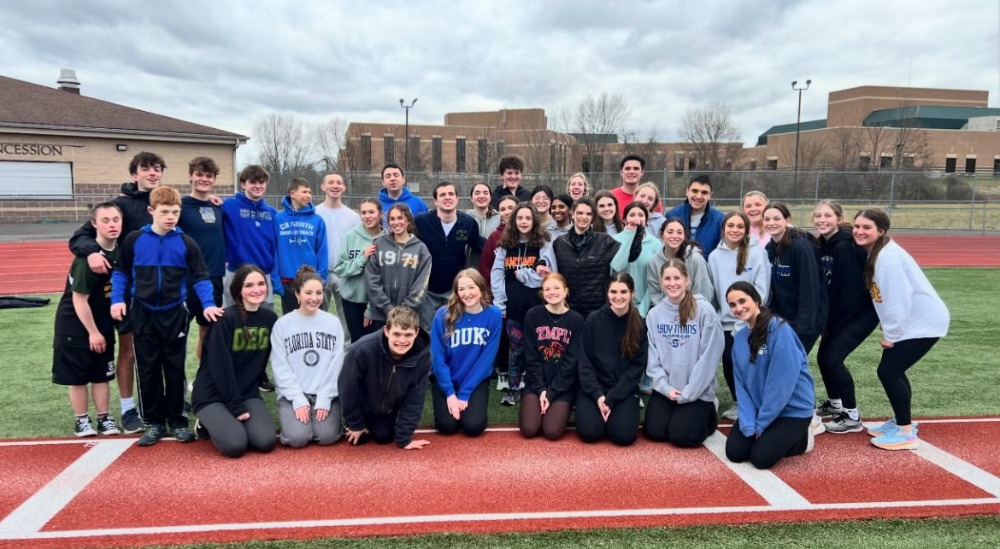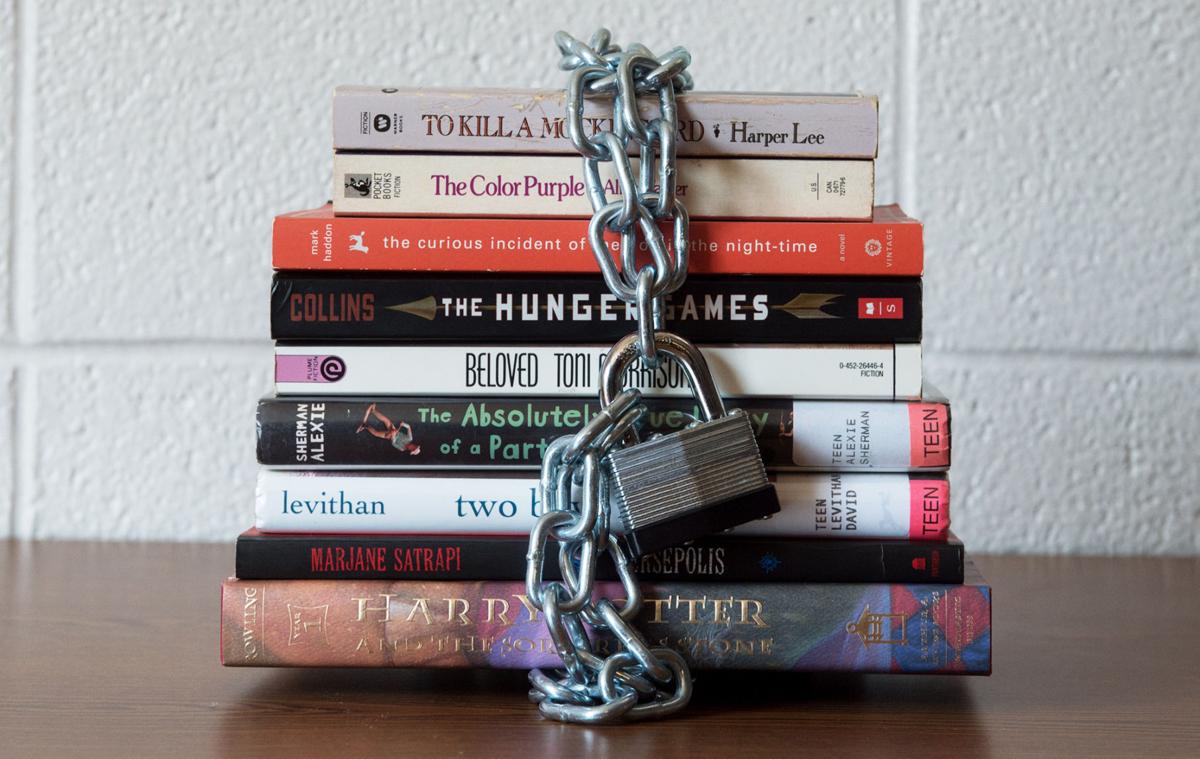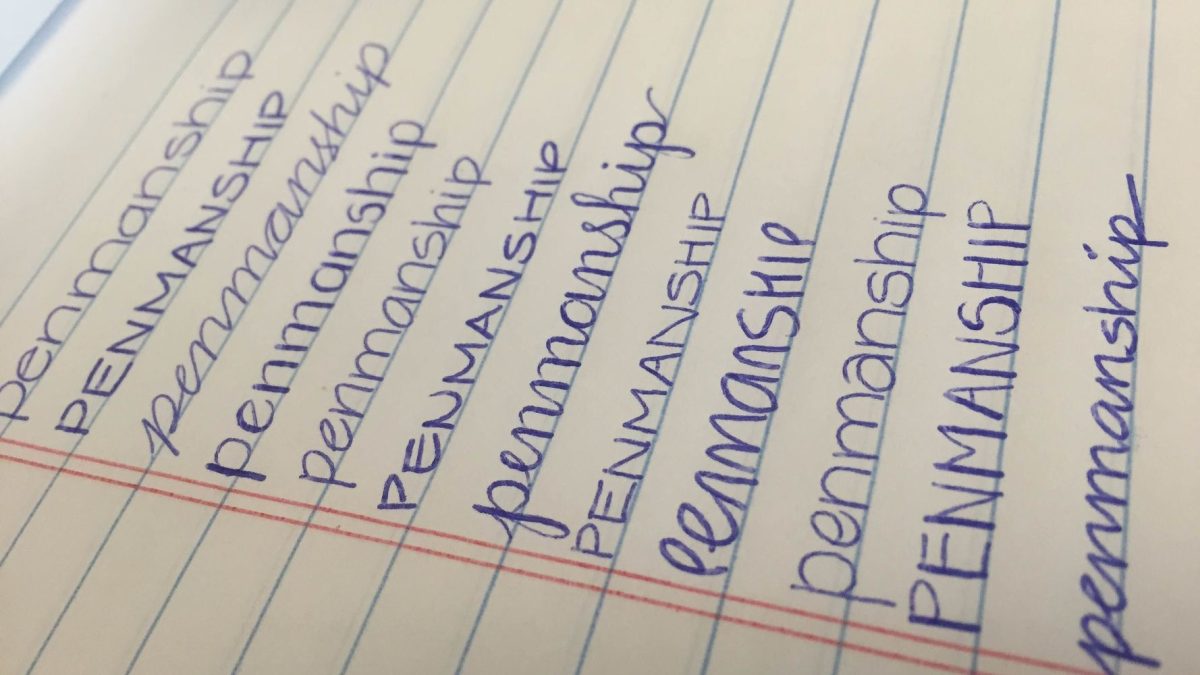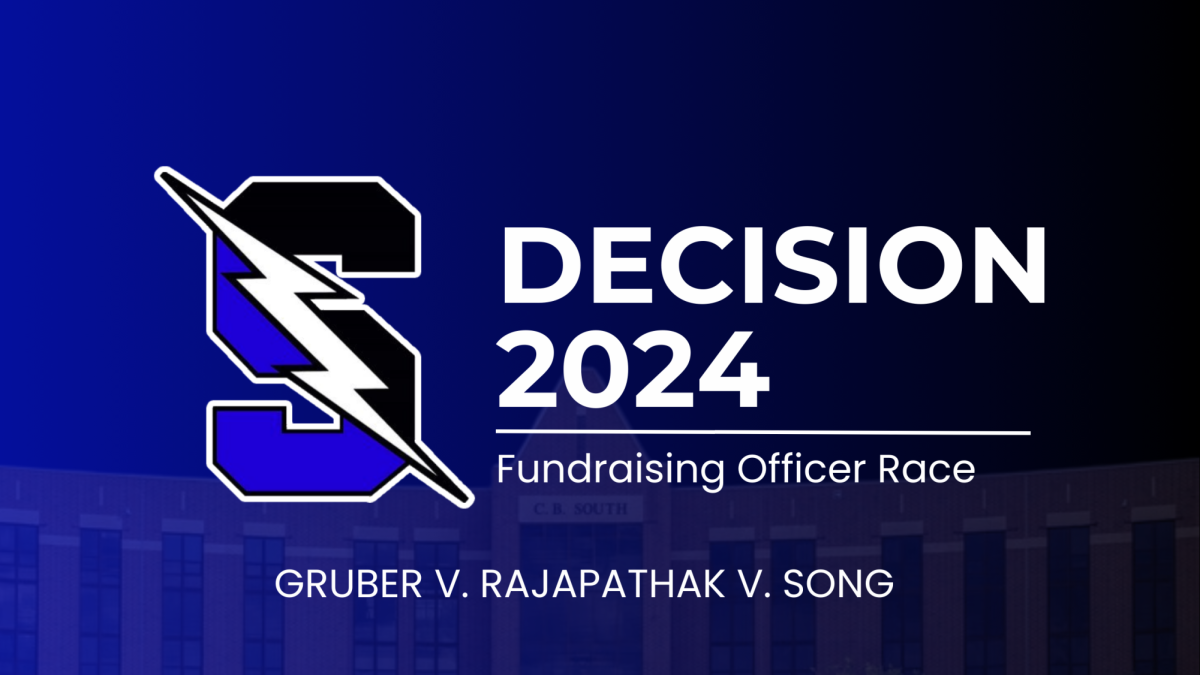“What are you going to major in?”
It seems to be the only question adults can think to ask teens. From junior year of high school to freshman year of college, it’s really the only question that teenagers get from them, my older sister included.
Her answer was a common STEM profession—computer science. Adults would talk to her about it for a few minutes and sometimes they would ask me if I planned on following in her footsteps. My answer would always be a hard “no,” and if they asked if I knew what I wanted to major in, I would say I didn’t know (a lie, but they didn’t need to know that).
When I mentioned these interactions to a friend, she gave some advice about how to answer this question: “Tell them you wanna be an arts major and watch the horror dawn on their face.”
Her advice stuck with me. Because it would’ve been the truth. I want to major in English. I lied because I knew that they would be horrified. But why? Why would my honesty be so horrifying?
The patent answer? Because of the stigma around the arts and humanities.
People are quick to be hesitant towards the arts. Telling someone that you’re an English major, or an art major, or a music major, is a sure-fire way to draw a surprised “oh! That’s…interesting” out of someone, or a question about how you’re going to find a job. People are quick to judge the career before it’s even begun, quick to believe that these teenagers are destined for failure. Nowadays, people believe that arts major is synonymous with unemployed. We have built a society where there is one acceptable category to major in: STEM. Anything else is bogus.
But it’s not bogus. In today’s society, people act as if it’s impossible to get a job with an arts and humanities degree, they block out any art form they’ve ever experienced (TV shows, movies, books, paintings, digital art, songs, musicals, plays, etc.) and hold onto their misguided belief about the arts. But you cannot make a career seem taboo without expecting it to fade from existence. These beliefs are shaping a gray society. A society where everyone ends up with a “good” job—even if it’s not the job they want—because they have been influenced by these beliefs. If we continue to create a society where we associate the arts and humanities with failure, we will create a society that goes against one of the biggest American ideals: following one’s dreams.
Of course, it’s not completely unreasonable for these people to be a bit hesitant about these majors; in a way they are (unfortunately) right. The arts and humanities are not the most stable career paths ever; however, there are still plenty of professions that utilize the arts. After all, what is music? An art. What is English? An art. What is a TV show? An art. What is a news article? An art. What is a movie? An art. What is art? An art (obviously). Despite what some may have you believe, there are still plenty of paths arts and humanities majors can walk. There are still plenty of ways they can make money. There are still plenty of ways they can follow their dreams.
Unfortunately, not everyone sees this perspective, and these individuals often react to arts and humanities majors in a way that makes people hesitant to pursue their dream. Since STEM is often the standard, adults tend to ask teens what their major will be, immediately jumping to STEM as the options (“Are you going into comp sci? No? Medicine? No? Finance?”). People can talk on and on with STEM majors about what colleges they might want to go to, about how there is a lot of money to be made in these industries, about how the teen will succeed in that industry.
So, what happens if you tell one of these people that you want to be an arts major? The exact opposite. They might let out a little “oh!” that does nothing to hide their surprise and judgement; or they might end the conversation there; or they might ask how you are gonna make money; or they might question if you’ll succeed in that major.
This reaction may not seem like a big deal, but in the long run it is. After all, people—especially teenagers—get self-conscious. They worry about other’s opinions of them, and they worry about their future (let’s be honest though, who hasn’t?). Hearing that slight judgement or those questions, arts and humanities majors second guess themselves. They wonder if they really should be majoring in the arts, if they really should follow their dream. That second guessing is enough to make someone turn away from their dream in the arts for a “good” job, creating a society where some cannot follow their dreams without judgement.
Sadly, this stigma and these questions follow arts and humanities majors throughout their entire lives, even when they become successful in their profession. Victoria Aveyard—an author of multiple best-selling YA novels—is often questioned about her success to this day. She’s shared stories of people assuming that she requires financial support, saying that it’s a good thing that her husband is a doctor because he can support them. Why do these individuals automatically assume that she’s destined for failure? Because of the starving artist stereotype society has created around the arts and humanities. This stereotype creates judgements of these professions, about their ability to bring in money, about their ability to succeed in these professions, about their ability to support themselves without leeching off of a family member.
What happens when arts majors hear these judgements? Doubt. Doubt that they will succeed in their profession, doubt that they will be able to support themselves, doubt that they will be anything more than the starving artist stereotype. So, of course, some decide to play it safe. An aspiring author may shy away from their dream path for a job in something like finance or businesses, something that doesn’t get them snap judgements about their financial state. They drift away from English to bend to the anti-arts ideals so heavily ingrained in our world. Isn’t that unfortunate? In a country that prides itself on the ability to follow one’s dreams, go from rags to riches, succeed no matter where you come from, there is a stigma around following dreams if they don’t align with society’s idea of a good profession.
These judgements need to stop. This society cannot boast about the American Dream if it continues to ward people away from these professions. Arts and humanities majors are not destined for failure; however, if we continue to discourage people from becoming arts majors, the world may be destined to slowly lose the arts.
And aren’t the arts and humanities important in our lives? Don’t we look to them for enjoyment whether it be by reading a book, or watching a show, or a movie, or a video? Don’t we turn to the arts to cure our boredom? Won’t we lose that if we continue to push people away from this path? Yes, we probably will.
We need to rewrite our associations with the arts, relearn that arts major is not a synonym for failure. We need to relearn that majoring in the arts isn’t bad. That way, when teenagers get that dreaded question (seriously, can’t adults find better conversation topics?), they don’t fear negative reactions if their answer is the “taboo” major—arts and humanities.


